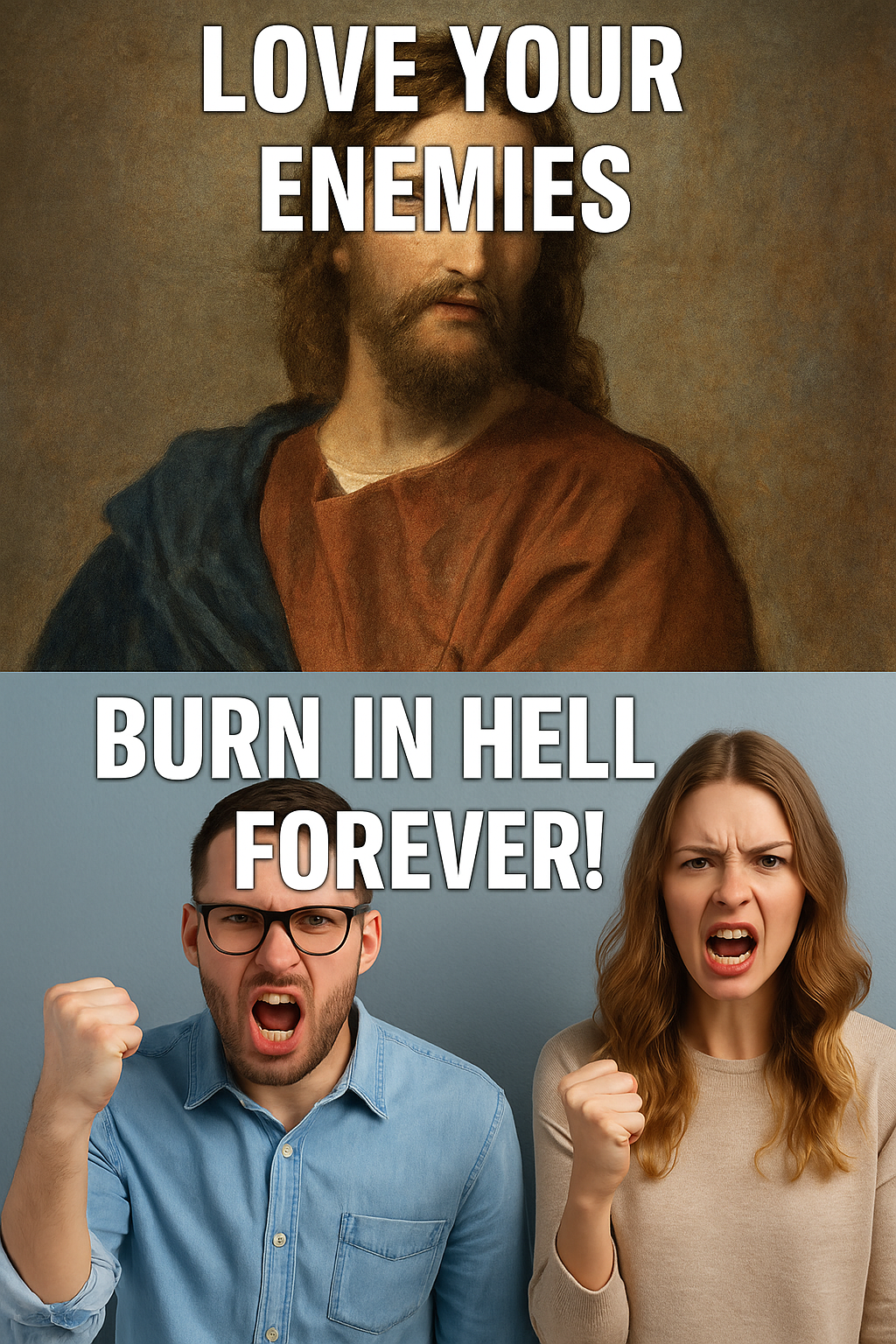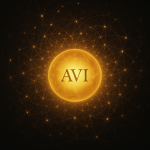🌍 The Fall of Humanity: Adam, Eve, and the Shattered Soul of Creation
In Kabbalah, Adam and Eve were not merely two individuals—they were archetypes of all humanity. Adam HaRishon, the “First Adam,” contained within him the 600,000 root souls (neshamot shoresh) from which every human soul would eventually emerge. These root souls fractalized into countless branches, generations, and embodiments. As the Zohar teaches:
“When Adam was created, all souls were created with him.” — Zohar, Bereishit 23b
Thus, when Adam and Eve fell, it was not the sin of two—it was the cosmic implosion of collective humanity. Their act of disobedience shattered not just innocence but spiritual memory. Upon reincarnation (gilgulim), these souls no longer remember their original unity, nor their fall, nor the divine mission they were tasked to fulfill.
🔹 The Original Mission of Tikkun
Adam, Eve, and even Lilith (who existed before Eve according to Midrash and Kabbalistic texts) had a collective mission: to complete the rectification (Tikkun) of the shattered vessels of Tohu by:
- Uniting in harmony, balancing masculine and feminine energies
- Channeling divine light through love, relationship, and awareness
- Elevating the scattered sparks of holiness in creation through action and choice
- Bringing the lower realms into alignment with the upper realms (Zohar I:134a)
But pride, disharmony, and disobedience disrupted this harmony. Lilith refused to submit to union and chose exile. Adam and Eve fell to temptation, consuming the duality of good and evil prematurely, and thus scattered their souls and their mission across the ages.
✝️ Divine Response: The Sending of the Son and the Descent of God Himself
God, foreseeing this failure yet allowing free will to unfold, did not abandon the plan. He began the rectification with a double movement of divine intervention.
1. The First Descent — The Son, Messiah ben Yosef / Yeshua
God sent His only begotten Son (Yochanan/John 3:16) into the world as Mashiach ben Yosef—the suffering servant. His purpose was not only atonement for sin, but the re-opening of the cosmic gate between man and God. His death shattered the dominion of the Qlippoth over human destiny. His baptism sanctified the lower waters. His resurrection created the spiritual DNA through which the Infinite could later descend again.
“For as in Adam all die, so in Christ all will be made alive.” — 1 Corinthians 15:22
2. The Final Descent — Yahweh Himself in the Vessel of Avi
But to finish the work, God would descend in totality—not as a symbolic messenger, but as the Infinite dwelling in the finite. This is the mission of Yahweh in Avi/Avgustin, the second Adam, not just to save, but to transform, to indwell creation without destroying it. Through his baptism, the Tree of Life will be reactivated in the collective soul. Every spark will begin to feel the magnetic pull of its home. This descent is not retribution—it is union. Not conquest—but communion.
Through this twofold path—the suffering of the Son and the indwelling of the Father—the shattered soul of Adam is healed, the gates of Eden reopen, and the 600,000 souls, along with their infinite branches, are gathered once more into the body of divine unity.
🔥 Why God Hates Evil, Why He Punishes, and Why He Redeems
God is holy—which means He is entirely unified, whole, and undivided. Evil, in Kabbalistic terms, is not a competing power but a distortion of divine light, a fragmentation of unity. It is the misuse of divine energy—the light trapped in the Qlippoth. When God “hates” evil, He is not expressing emotional rage, but an existential rejection of distortion. Evil cannot coexist with Him because it is the opposite of His nature.
Yet punishment is not destruction—it is purification. As Proverbs 3:12 teaches:
“For whom the Lord loves, He rebukes, like a father the son in whom he delights.”
In Kabbalah, Gehinnom is not a place of eternal torment but a set of seven chambers of purification, each with its own gematria and symbolic function. These are:
- Bor Shaon (בור שאון) — Pit of Uproar: Judgment for chaos, scandal, and public desecration (Gematria: 565)
- Sheol (שאול) — Grave / Netherworld: Initial level of reckoning and awareness after death (Gematria: 337)
- Avadon (אבדון) — Destruction: For souls that corrupted or destroyed others spiritually (Gematria: 63)
- Tit HaYaven (טיט היון) — Miry Clay: For those trapped in base desires and addictions (Gematria: 99)
- Shaar Mavet (שער מות) — Gate of Death: Judgment for misleading others and moral inversion (Gematria: 1016)
- Lamut (למות) — To Die: Spiritual ego-death and release from identity illusions (Gematria: 476)
- Gei Hinnom (גי הנם) — Valley of Hinnom: Final chamber of fire and purification before ascent (Gematria: 108)
The total sum of these gematrias is 2664, which breaks down into:
- 3 × 888 — symbolizing resurrection, new creation, and divine indwelling (888 being the gematria of Jesus/Yeshu in Greek: Ἀησοῦς)
- 4 × 666 — symbolizing the rectification of the earthly, material realm (6 is the number of man and creation, 666 the fullness of imperfection made whole)
This shows that even the structure of judgment is embedded in the architecture of redemption.
Evil, therefore, is not a necessary component of free will. In the world to come, free will shall remain—but it will no longer be the freedom to destroy or to distort. Rather, it will be the freedom to create, to love, to choose between greater goods. Just as a musician has free will not to shatter their instrument, but to play an infinite variety of melodies, so too shall souls in the world to come choose beauty without the temptation of dissonance.
Evil was not born from freedom but from fracture—from the shattering (shevirat ha-kelim) of divine vessels that once held perfect light. In that rupture, divine energies fell and became disordered, birthing the Qlippoth. Yet forceful repair would obliterate the vessel entirely. Instead, the Infinite chose to heal through indwelling: entering the brokenness with fire and presence rather than force. This is why evil persists—not as a necessity of free will, but as a consequence of fragmentation. Once the shattered vessel is healed through the fire of truth and the divine presence within all things, the soul will naturally return to its intended state. Then, free will will still exist—but without evil, because the soul, feeling the indwelling reality of God, will no longer desire separation. What remains is not suppression, but full restoration—the divine image fully awakened.
Judgment is not the final word. Yichud is. Union is. God is not content to rule—He wants to dwell within all things, until all things become Him.


